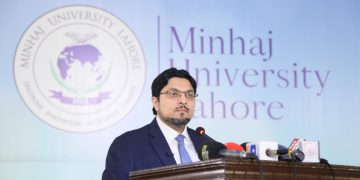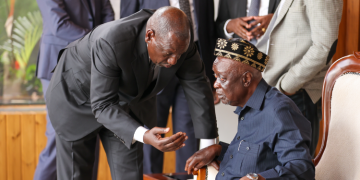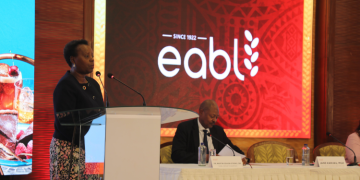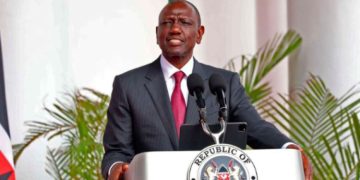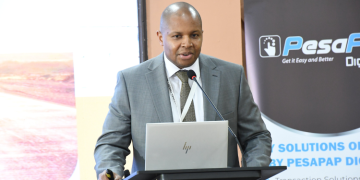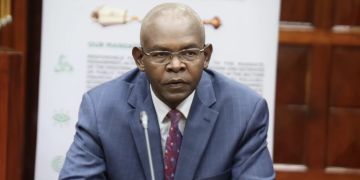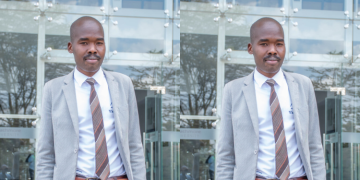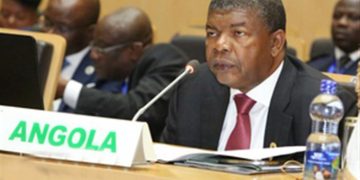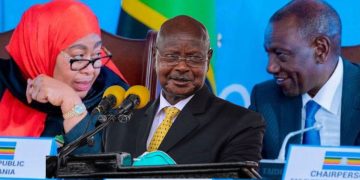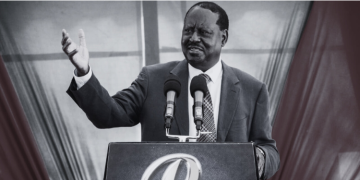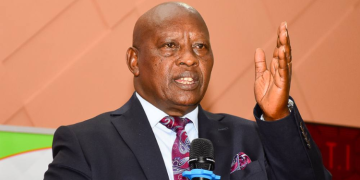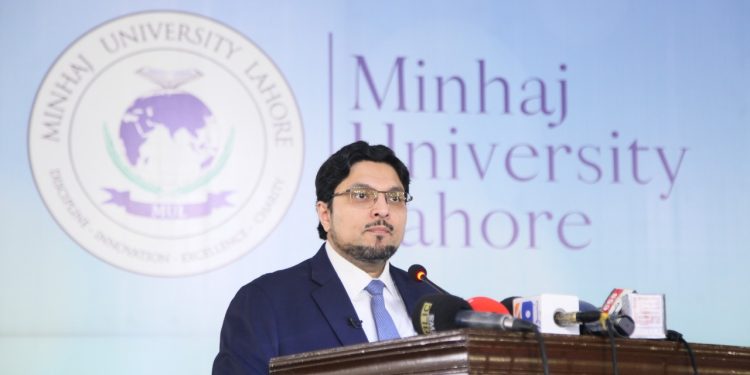Minhaj University Lahore (MUL) successfully hosted a landmark session of the 8th International Conference on World Religions (ICWR 2025) under the leadership of Prof. Dr. Hussain Mohiuddin Qadri, President of Minhaj-ul-Quran International and Deputy Chairman, Board of Governors, Minhaj University Lahore.
The conference brought together national and international delegates from over 25 countries, representing diverse faith traditions and academic disciplines, to engage in meaningful dialogue on interfaith harmony, minority rights, and socio-economic inclusion in Pakistan.
Prof. Dr. Hussain Mohiuddin Qadri highlighted the long-standing efforts of Minhaj University Lahore in promoting academic discourse and interfaith understanding, delivering the keynote address on “Religious Harmony and Minority Rights in Pakistan: Current State and Future Prospects.”
He said, “By the grace of Almighty Allah, Minhaj University Lahore has been organizing this academic and spiritual conference for nine consecutive years. It has played a transformative role in shaping the intellectual and moral outlook of Pakistani youth, while also strengthening Pakistan’s image as a peace-loving and pluralistic nation.”
Pakistan’s multi-ethnic identity
He emphasized that the conference reflects Pakistan’s multi-ethnic and multi-religious identity, serving as a living example of peaceful coexistence and pluralism.
He stated, “This conference has shown the world how beautifully our homeland embraces diversity. We will continue this mission until every trace of extremism is erased from our society.”
Dr. Hussain Qadri attributed the success of this vision to the guidance and leadership of Shaykh-ul-Islam Dr. Muhammad Tahir-ul-Qadri, the founder of Minhaj-ul-Quran International.
Also Read: Uganda, UAE, and Pakistan Top Export Destinations for Kenyan Goods
He remarked, “It was the great and visionary dream of my mentor and father, Shaykh-ul-Islam Dr. Muhammad Tahir-ul-Qadri, that nurtured thousands of young leaders and scholars who today are the torchbearers of interfaith love, peace, and harmony across the globe.”
Drawing inspiration from Quaid-e-Azam Muhammad Ali Jinnah’s speech of 11th August 1947, he reaffirmed Pakistan’s founding ideals of freedom, equality, and respect for all citizens regardless of faith:
“You are free; you are free to go to your temples, you are free to go to your mosques, or to any other place of worship. You may belong to any religion, caste, or creed—that has nothing to do with the business of the State.”
He reiterated that intolerance and extremism weaken nations, while tolerance, justice, and respect build them. In today’s interconnected world, interfaith understanding is not an option but a necessity for global peace and stability.
Speaking about Shaykh-ul-Islam’s global contributions, he noted: “Under the wise leadership of Shaykh-ul-Islam Dr. Muhammad Tahir-ul-Qadri, Minhaj-ul-Quran International has played an unprecedented role in advancing peace, tolerance, and dialogue for the last five decades. His vision continues to inspire generations and serves as a beacon for global interfaith collaboration.”
Prof. Dr. Hussain Qadri also highlighted the recent publication of the book “A Vision for Muslim-Christian Cooperation: Experiences and Reflections” (edited by Dr. Herman Robob and Joseph Victor Edwin Suh), which was dedicated to Shaykh-ul-Islam Dr. Muhammad Tahir-ul-Qadri in recognition of his lifelong contributions toward Muslim-Christian understanding and interfaith peacebuilding.
Diversity, and constitutional equality
Commending the Government of Pakistan for introducing the National Strategy for Religious Tolerance (SRT) and the Policy on Interfaith Harmony (PIH 2025), Prof. Dr. Hussain Mohiuddin termed these as “landmark initiatives that embody Pakistan’s renewed commitment to peace, diversity, and constitutional equality.”
He further emphasized that the Constitution of Pakistan (1973) guarantees full religious freedom and protection of minority rights. However, he noted that these constitutional assurances must be reinforced through social reform, education, and legal implementation to ensure justice in practice.
Also Read: Islamabad Hosts Summit on Combating Human Trafficking Through Education
Referring to the Supreme Court’s historic judgment of 19th June 2014, which reaffirmed the State’s obligation to protect the lives, properties, and places of worship of minorities, he called it a milestone in Pakistan’s judicial and moral progress.
Prof. Dr. Hussain Mohiuddin Qadri concludes with envisioned a Pakistan where:
“Churches, temples, and mosques stand side by side; where a Christian can serve as a judge under an Islamic constitution; and where Islamic principles ensure freedom, justice, and equality for all.”
He expressed heartfelt appreciation to the School of Religion and Philosophy, the Seekers Club, Media and PR teams, and all volunteers for their remarkable efforts in organizing the conference.
He concluded, “We thank Allah Almighty for granting Minhaj University Lahore this honour to serve as a platform for meaningful dialogue and peacebuilding. InshaAllah, we will continue to serve Pakistan and humanity with the same spirit of love, learning, and inclusion.”
Follow our WhatsApp Channel and X Account for real-time news updates.
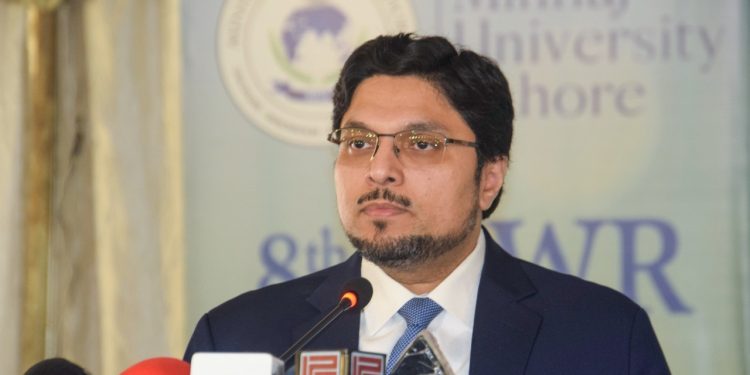


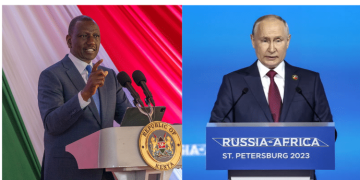

![Govt Moves To Allay Fears Over 1.1 Million Grade 9 Learners Placement Crisis Bitok Releases All 2026 Academic Term Dates [Full List]]( https://thekenyatimescdn-ese7d3e7ghdnbfa9.z01.azurefd.net/prodimages/uploads/2025/09/ps-bitok-cs-ogamba-360x180.png)
